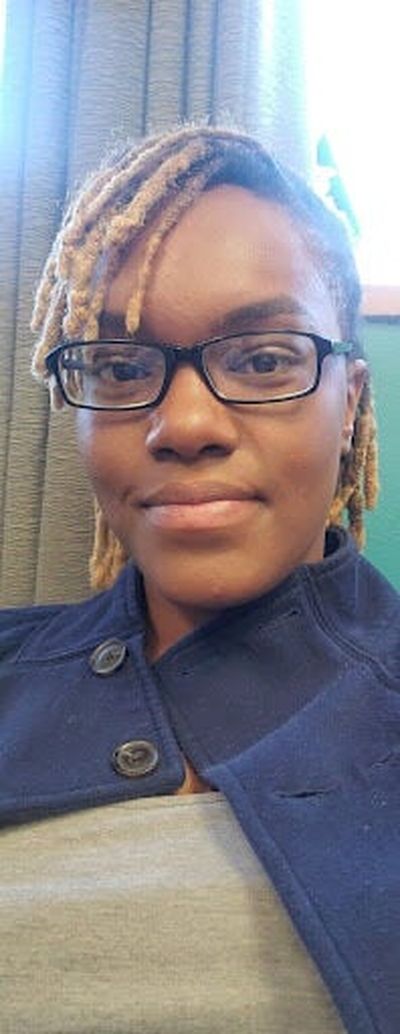Rayanna Tensley, a Spokane-based social worker on the path to becoming a licensed therapist, is driven by a deep commitment to serve her community – not just with care, but with cultural understanding. With nearly a decade of experience in social services and a master’s in social work under her belt, Tensley is working toward licensure to expand her impact, particularly as a therapist.
Her path wasn’t always clear. “I didn’t think helping people was something I’d do for a living,” she admitted. “I enjoyed it in my free time, but I never saw it as a profession – until I realized how much it aligned with who I am.”
Initially focused on macro-level social work – policy, systems and organizational change – Tensley shifted gears after a friend encouraged her to pursue clinical hours toward licensure. “I still want to change systems,” she said, “but I knew I could do more with a license. That one-on-one impact is powerful too.”
One of the key reasons? Representation.
“I don’t see a lot of Black social workers in the spaces I’ve worked in,” she said. “Sometimes just two or three of us. And yet, it matters – so much. It makes building rapport easier. You don’t have to explain microaggressions, racism or coded behavior. We understand each other’s language without needing to translate our pain.”
Tensley believes therapy becomes transformative when it meets clients where they are – especially Black clients. She emphasizes the need for therapists to listen first and hold space without dismissing cultural realities. “Too often,” she said, “Black clients have to justify their emotions or explain their environment. Cultural responsiveness means validating our lived experience without reducing it to a checklist.”
This disconnect, she notes, is baked into many aspects of the system.
“Even our licensure exams reflect a white-centered worldview,” she said. “We joke that you have to take the test as if you’re a middle-aged white woman. It’s written from a lens that doesn’t reflect our reality.”
Psychological safety is an essential theme for the Black community as they navigate the workforce and educational institutions – especially in predominantly white spaces.
“Psychological safety means being able to show up as your authentic self,” she said. “Not feeling like you have to shrink, code-switch, or mask your identity to fit in.”
This lack of safety, she warns, can lead to chronic stress and internalized trauma. “When you’re the only one in the room, it’s easy to feel dismissed or gaslit. You know something’s wrong, but you’re made to feel like you’re overreacting.”
So how do we protect ourselves and promote healing?
For Tensley, it starts with community. “Not in the broad, general sense, but your people – those who see you and affirm you. That’s who you lean on when it gets hard. That’s where you refill your cup.”
She also speaks to the importance of self-care as an act of resistance. “Resilience sounds pretty, but building it is painful. It takes grit, tears, and intentional rest. Whether it’s therapy, watching your favorite show, or just taking a break – it’s vital.”
When asked about repeated exposure to racial trauma – especially through media – Tensley is honest. “Watching shows about injustice, even fictional ones, can be emotionally draining. It builds anger. You have to find ways to process it, or it just sits inside.”
She encourages shifting focus toward Black joy and agency. “Support Black-led spaces like the Carl Maxey Center. Go to Black community events. Buy from Black-owned businesses. Pour into your people, and let them pour into you.”
Systemic barriers, she notes, are still very real – from lack of insurance coverage to racial bias in health care.
“These problems aren’t ancient history,” she said. “They’re happening now. Ruby Bridges is still alive. Our trauma is recent. And we have to keep advocating for systems that reflect our needs.”
Looking ahead, Tensley hopes to be fully licensed, continuing to learn, serve, and advocate.
“There’s so much history we don’t know, and once you learn it, you need time to process,” she said. “But I’m learning to use that anger as fuel–to make sure what happened to us doesn’t keep happening.”
And perhaps most importantly, she offers this reminder: “Even if you’re resilient – even if you say you’re over it – your body and mind still carry the weight. The effects of stress don’t just disappear. Prioritize your healing. You don’t have to carry it all alone.”
